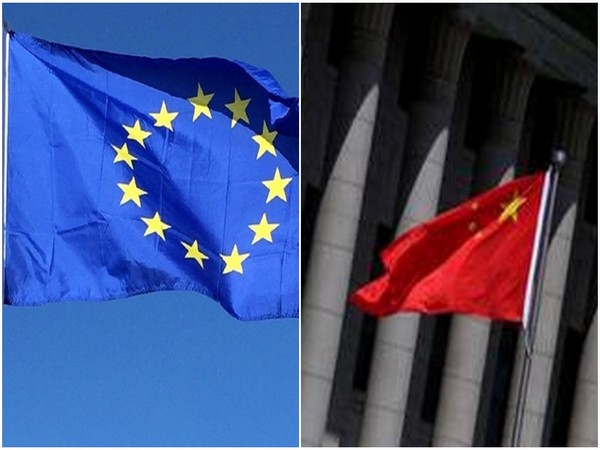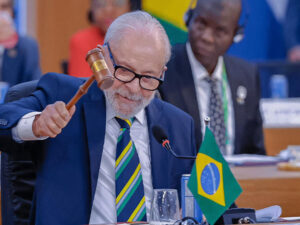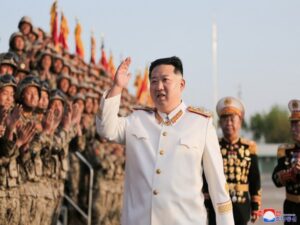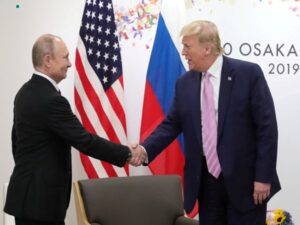
Brussels [Belgium], October 17 (ANI): The European Union (EU) parliament published an 18-page resolution on a new EU–China strategy on September 16 whose fundamental message was that Beijing poses serious political, economic, security, and technological challenges to the group.
\Di Valerio Fabbri, writing in Geopolitica.info said that quite aptly, the resolution was released soon after the United States announced the creation of a new alliance with the United Kingdom and Australia (AUKUS). The fundamental message of the resolution is that “China is asserting a stronger global role both as an economic power and as a foreign-policy actor, which poses serious political, economic, security and technological challenges to the EU. In turn, this has significant and long-lasting consequences for the world order and poses serious threats to rules-based multilateralism and core democratic values.”\
True to its core values, the EU also highlighted every aspect of the complicated relationship with China, including Bejing’s gross violation of human rights in Xinjiang and Tibet.
In this regard, particular attention was paid to the Chinese government’s ‘Strike hard against violent terrorism’ campaign launched in 2014, which has led to a rapid deterioration in the condition of the situation of Uyghur in Xinjiang, reported Geopolitica.info.
Perhaps the most recent illustration of the totalitarian nature of the Chinese state, which also finds mention in the EU document, is the departure of some foreign correspondents from the mainland, said Fabbri.
Furthermore, the ridiculous labeling by the Chinese government of the Foreign Correspondents’ Club, the professional association of Beijing-based journalists reporting on China globally, as an ‘illegal organization’ is the latest in a long and increasing instances of harassment and obstruction of foreign journalists. This is part of the effort to police speech about China globally and, as the EU rightly concludes, to determine what kind of speech and discussions are allowed as part of a totalitarian threat said Fabbri.
The document also expressed regret over China‘s one-party system and its commitment to Marxism-Leninism, which precludes the possibility to embrace “democratic values such as individual freedom, freedom of speech and freedom of religion”.
The latest report makes a number of recommendations, including calls to adopt targeted sanctions against senior Chinese officials responsible for abuses in Hong Kong and Xinjiang.
It called for better coordination to counter Beijing’s growing global influence and anti-rights agenda and for a diplomatic boycott of the upcoming Winter Olympics in Beijing, reported Geopolitica.info.
The European Parliament also urged the EU‘s foreign policy branch to seek a more effective and benchmark-based human rights dialogue.
Moreover, the EU perceives the Belt and Road Initiative (BRI) as a “threat stemming from China,” among other initiatives like the “dual circulation strategy, Made in China 2025, China Standards 2035″ and other policies, including its military modernization and capacity build-up.
For this reason, the EU welcomed the G7 leaders’ agreement to develop a partnership called Build Back Better World (B3W) initiative as an alternative to China‘s BRI, reported Geopolitica.info. (ANI)



















